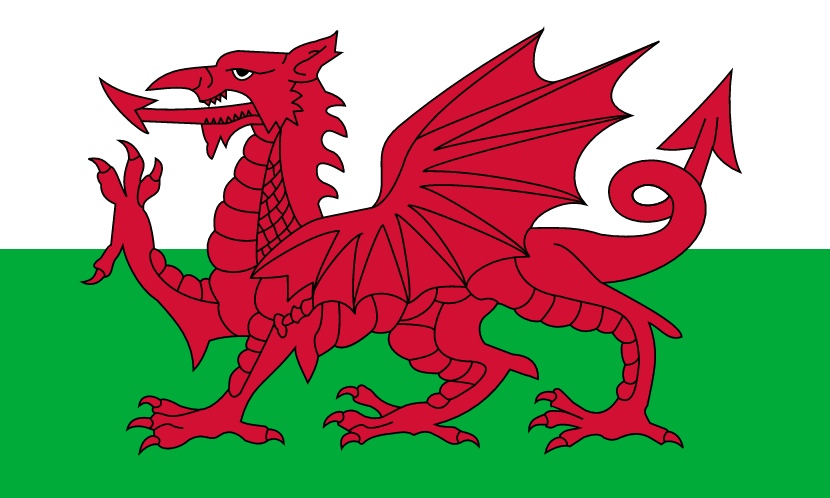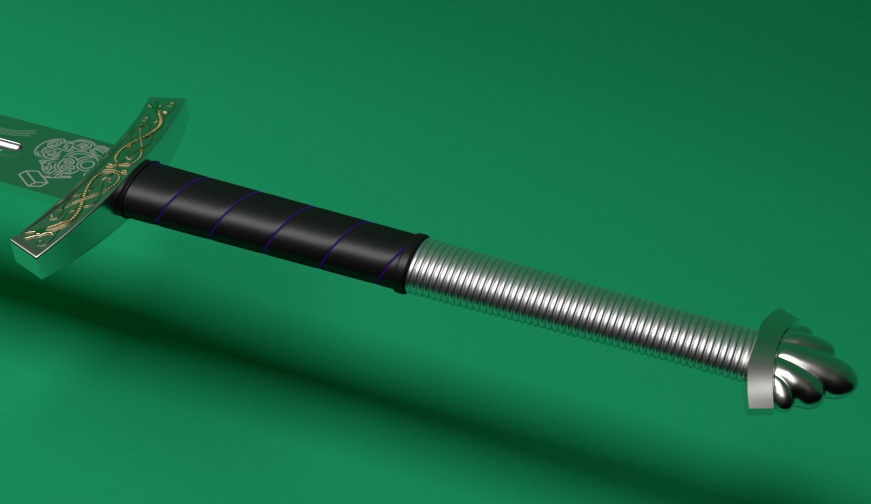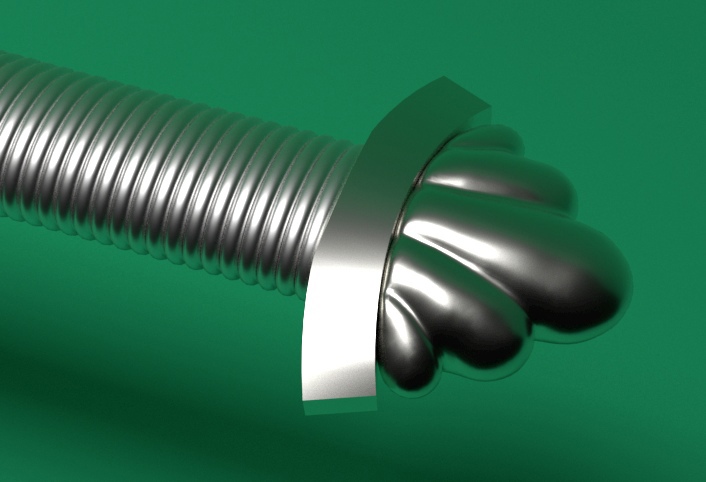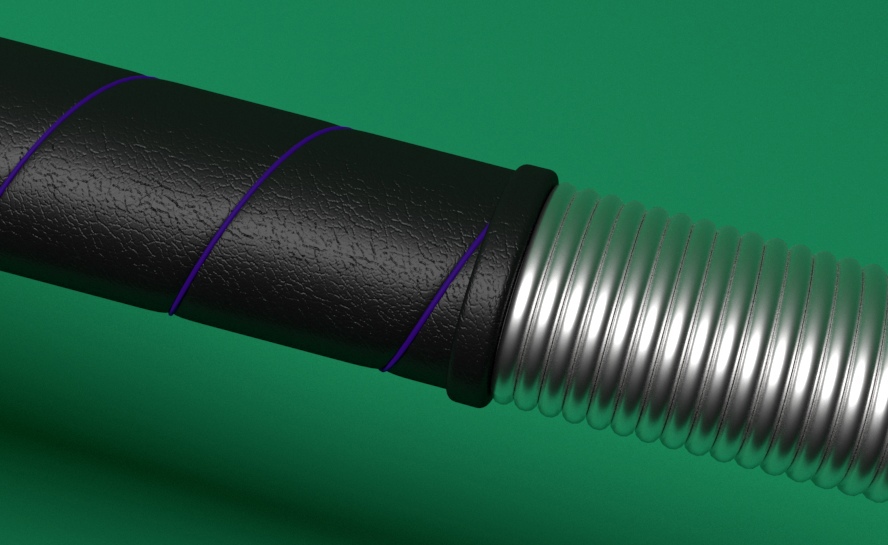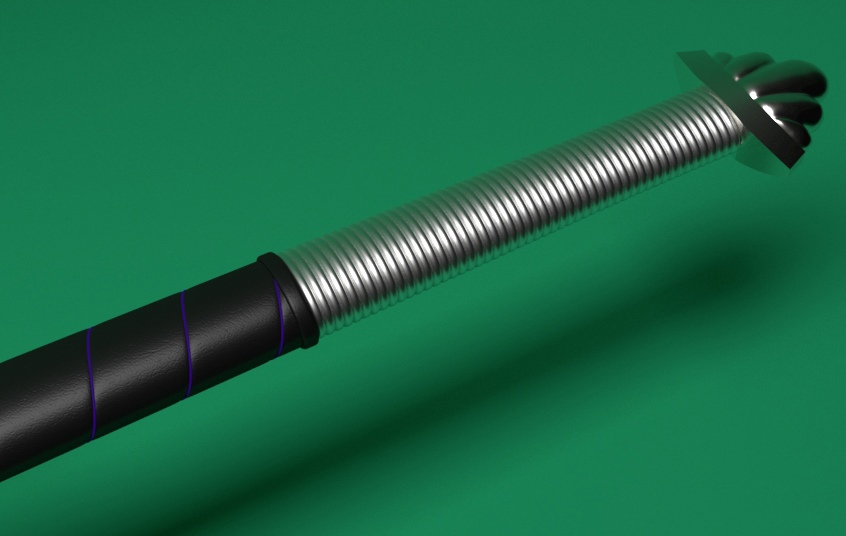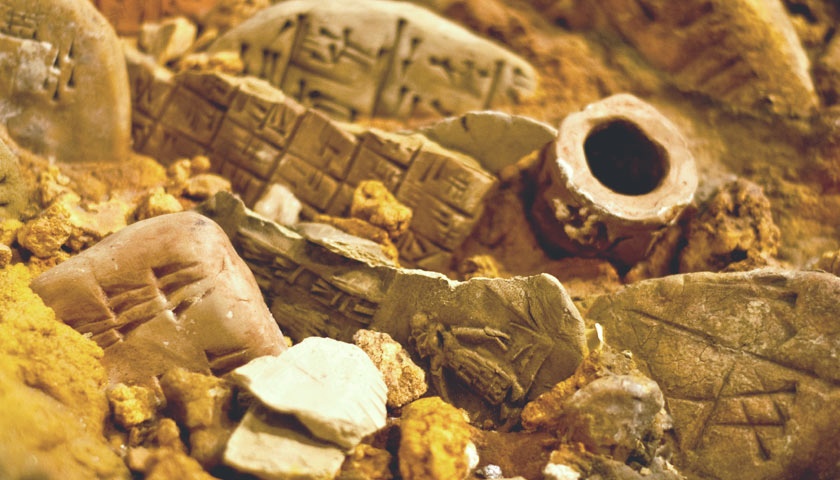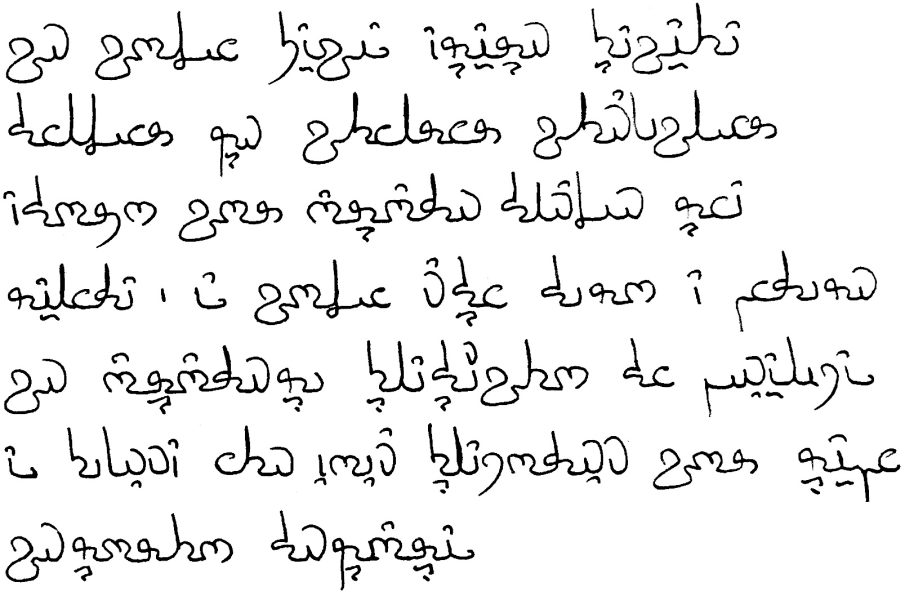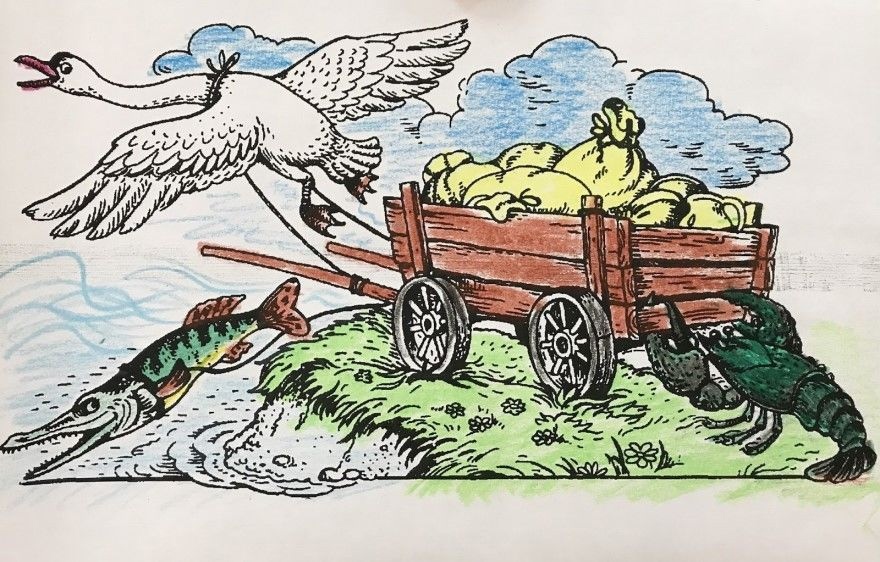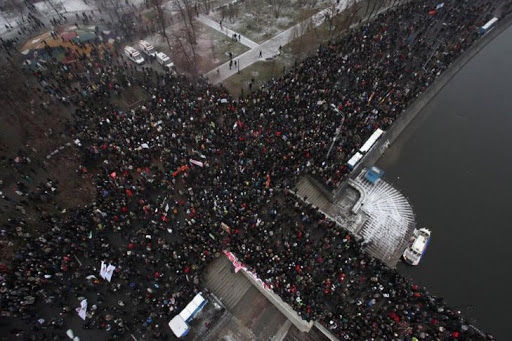Etymological post. Let's take a look at the names of elves, dwarves, djargars and dragars in different languages and where they came from for general education.
- Retsinsky:
- *alf - from Old Rugin alfr. Borrowing from the 13th-14th centuries.
- *dverg - from Old Rugin dvergr. Borrowing from the same period.
- jeart - from jeartoy jeārţ. Borrowing from the 16th century.
- dragar - from Western Draghar dragar. Borrowed from the 18th century; before that the word "dragon" or "serpent" was used.
* before this period, sometimes earlier borrowings were encountered, which gave the words forehead and doors; they have been preserved in Rechan in the form forehead, dvereg, and are used in it to a limited extent.
- Ancient Hellenic:
- Alphis /alphis/ — related alfr, from the anti-Orthodox *albʰis, from the root *albʰ— "white";
- ὦρος /ō̂ros/ is a derivative of ὄρος "mountain". I think it's clear why.
- λέβων, -νος /lebōn/ - the etymology is unclear, but almost everyone agrees that it is related to λέων "lion".
- δράκων, —ντος /dragon/. I don’t think there’s much need to explain either.
- Skadinsky:
- albis, —is — of the same origin as Hellenic, or even borrowed from it.
- Henius, —ī — from PTO *dʰéǵʰōm "earth, soil". The idea is the same as in Hellenic.
- dears, —tis/yuiyus, —īThe first is a borrowing, and the second is related. iuba, "mane".
- dragon, —nis. Direct borrowing from ancient Hellenic.
- English:
- elf - related alfr and ἄλφις.
- dwarf - related dvergr.
- jearth /ˈd͡ʒɪəɹθ/, /d͡ʒɜɹθ/. A late fifteenth-century borrowing that has supplanted a host of other common spelling variations with similar pronunciations.
- drake — ultimately from ancient Hellenic.
You can then delve into other languages, but (in Orova) the situation as a whole is as follows:
- elves - variations on elves, elves, and so on;
- dwarves - a terrible spread, but a lot of terms related to the earth;
- with jearts, most often the borrowing of their self-name;
- with dragars - either borrowing or variations on dragons.

